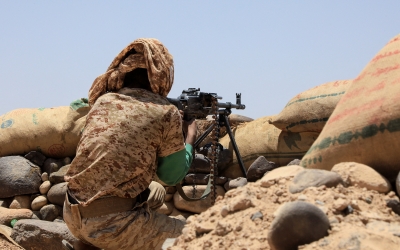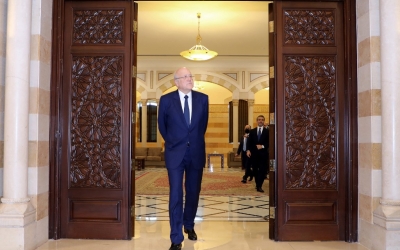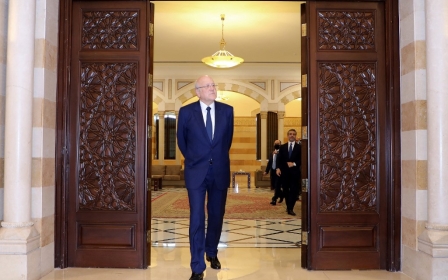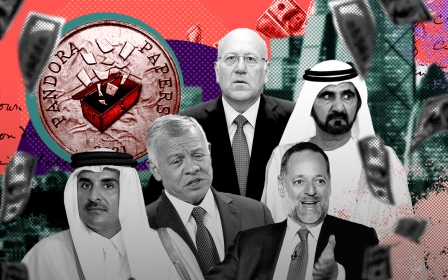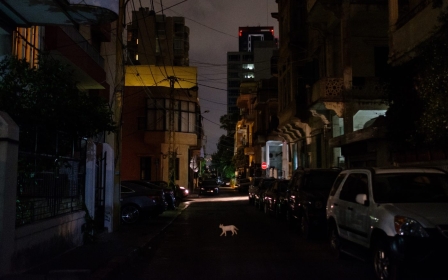Lebanon: Minister's criticism of Yemen war sparks diplomatic crisis with Gulf
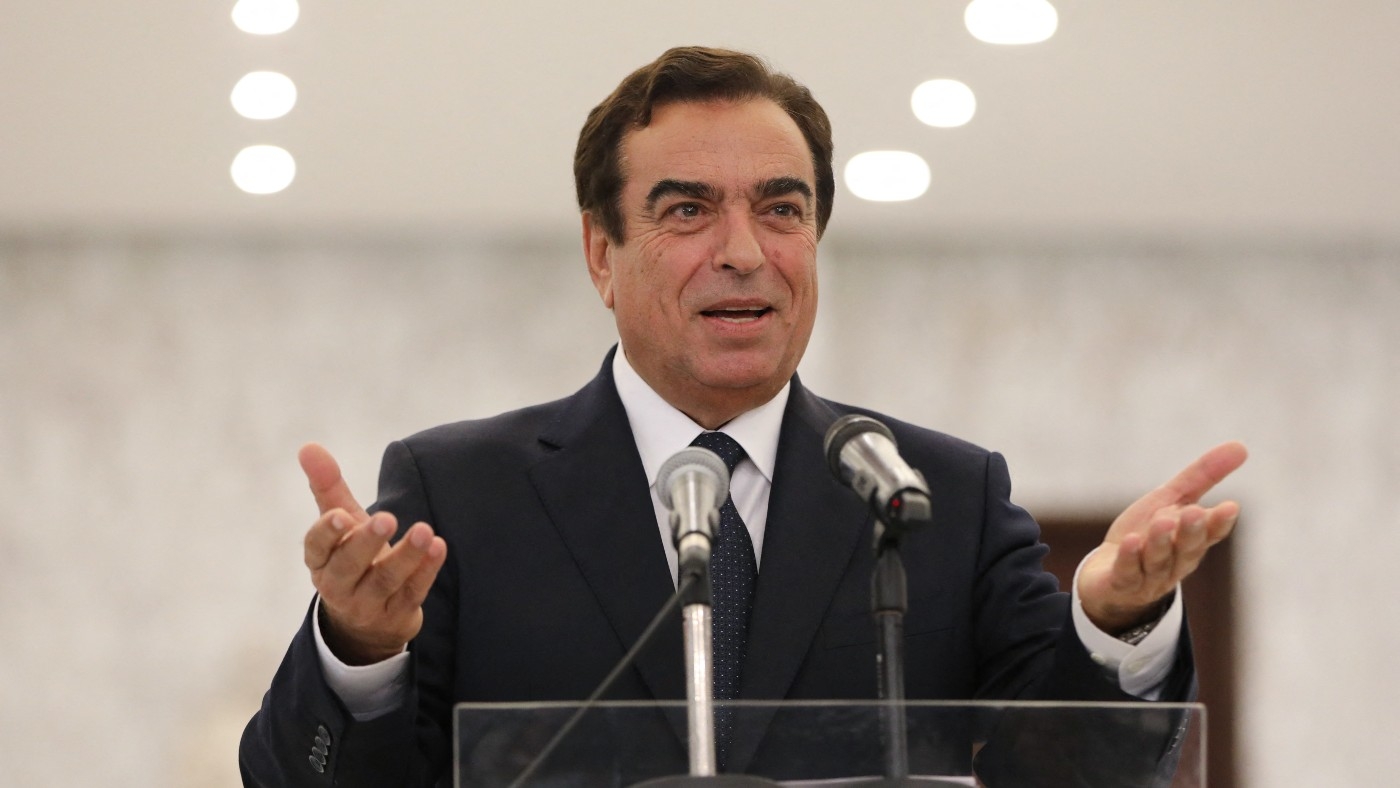
Criticism levelled at the Saudi military offensive in Yemen by Lebanon's minister of information have sparked a diplomatic crisis between Beirut and Gulf states.
George Kordahi, the former host of the Arabic version of the show Who Wants to be a Millionaire? who became information minister in September, appeared on the show "Parliament of the People", broadcast by Al Jazeera earlier this week, during which he was asked about his views on the war in Yemen.
'They [the Houthis rebels] are defending themselves against external attacks launched for years against Yemen'
- George Kordahi
Kordahi said Houthi rebels fighting the Saudi-led coalition were acting in self-defence and "weren't attacking anyone", before calling the conflict in Yemen "absurd".
Saudi Arabia and allies including the United Arab Emirates have led a military coalition fighting against Iran-allied Houthi rebels in the country since 2015.
"They are defending themselves against external attacks launched for years against Yemen," Kordahi told the news presenter.
New MEE newsletter: Jerusalem Dispatch
Sign up to get the latest insights and analysis on Israel-Palestine, alongside Turkey Unpacked and other MEE newsletters
In the same show, Kordahi went on to express his hopes for a military coup in Lebanon to "defend people's rights" - sparking condemnation from Lebanese social media users.
His televised appearance has angered Riyadh and other Gulf states, leaving Lebanese officials scrambling to smooth over the situation.
Gulf backlash
In a press conference on Wednesday, Kordahi refused to apologise for his comments on Yemen, adding that he had "done no wrong", as the show had been taped on 5 August, more than a month before he became minister.
"I have never attacked nor insulted Saudi Arabia or the Emirates," Kordahi said, adding that his words "did not implicate at all the government, of which I was not yet a member."
In a statement published on Tuesday, Kordahi nonetheless tempered his position.
"When I say that the war in Yemen is absurd and must end, these are my convictions, and I say this not to defend Yemen, but also out of love for Saudi Arabia and the Emirates," the statement read.
Nonetheless, both Riyadh and Kuwait have summoned their Lebanese envoys over Kordahi’s comments.
Gulf Cooperation Council (GCC) Secretary-General Nayef al-Hajraf, meanwhile, denounced Kordahi’s words as "demonstrating an insufficient understanding of events in Yemen".
The minister of information for the Saudi-backed Yemeni government, Muammar al-Eriyani, said on Twitter that the situation was "undermining relations between Lebanon and Saudi Arabia", and called on Beirut to "take a clear stance".
Lebanese damage control
Despite Kordahi's refusal either to apologise or resign, as demanded by Riyadh, other members of the Lebanese cabinet - sworn in on 20 September after more than a year of political paralysis in the wake of the Beirut port explosion - have gone into damage control.
Prime Minister Najib Mikati reiterated on Tuesday evening his commitment to the "fraternal ties" between Lebanon and Gulf states.
"We are committed to having the best relations possible with the Saudi kingdom, and we condemn all interference in its internal affairs, no matter where they come from," Mikati added.
The Ministry of Foreign Affairs meanwhile stated Kordahi "did not reflect the position of the Lebanese government", and pointed out that the ministry had frequently condemned Houthi attacks against Saudi Arabia.
Lebanon's politics have long been influenced by regional and international powers, which have swayed successive governments through diplomatic pressures and threats of withholding financial support.
In May, then-foreign minister Charbel Wehbe resigned after comments he made during a television debate - suggesting, among other disparaging comments, that Gulf states had supported the rise of the Islamic State group - which strained ties with Gulf allies and donors.
In November 2017, Saudi Crown Prince Mohammed bin Salman was also believed to have held then-Lebanese Prime Minister Saad Hariri hostage for two weeks and pressured him to resign over his perceived failure to rein in the Iran-backed Hezbollah movement.
Upon leaving Saudi Arabia, following French intervention, Hariri rescinded his resignation - but later downplayed the situation, saying in 2018 that relations between Beirut and Riyadh "couldn't be better".
Middle East Eye delivers independent and unrivalled coverage and analysis of the Middle East, North Africa and beyond. To learn more about republishing this content and the associated fees, please fill out this form. More about MEE can be found here.


